
China 2020
How Western Business Can – and Should – Influence Social and Political Change in the Coming Decade
Read or listen offline
Amazon KindleRecommendation
To what lengths will Western businesses travel in order to make profits in China? What morals and principles are they willing to sacrifice for a taste of success? Associate professor of business Michael A. Santoro investigates this subject by focusing on four salient issues: sweatshops, illegal drug manufacturing, Internet censorship and the rule of law. He offers a lucid, well-reasoned, though at times academic, analysis of how businesses are cashing in on corruption, weak regulation and the de facto absence of the rule of law instead of trying to improve conditions in China. Although some of Santoro’s conclusions seem idealistic (for example, inject foreign firms operating in China with a sense of morality and you will fix China’s problems), getAbstract recommends his brief but excellent argument that Western corporations have a responsibility for human rights proportional to their ability to make a difference.
Summary
About the Author
Michael A. Santoro is associate professor of business ethics at the Rutgers Business School. He is the author of Profits and Principles: Global Capitalism and Human Rights in China.









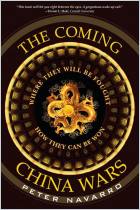
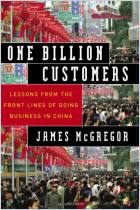
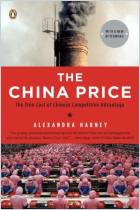

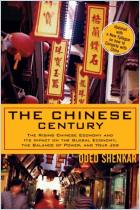
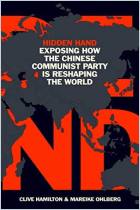






Comment on this summary or Начать обсуждение